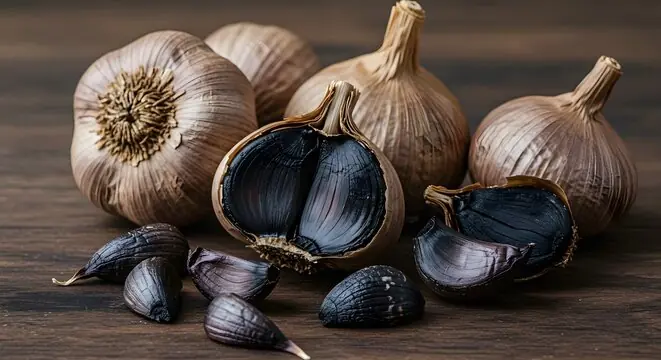
Cancer Hospital Warning: Eating This Type of Meat Daily Can Increase Cancer Risk – Don’t Be Complacent!
In recent years, health experts and cancer hospitals worldwide have raised alarms about certain dietary habits that can significantly increase the risk of developing cancer. One of the most striking warnings comes from multiple cancer research institutions: consuming processed meat every day can increase your chances of cancer, especially colorectal (colon) cancer. This isn't just speculation—it’s backed by strong scientific evidence. If you eat processed meats regularly, it may be time to rethink your diet before it's too late.
What Is Processed Meat?
Processed meat refers to any meat that has been preserved by smoking, curing, salting, or adding chemical preservatives. Common examples include bacon, sausages, ham, salami, hot dogs, and some deli meats. These meats are often convenient, flavorful, and deeply embedded in many cultures and daily meals. However, their ease and taste come with a serious health cost.
The Link to Cancer
In 2015, the World Health Organization (WHO), after a thorough review of over 800 studies, officially classified processed meat as a Group 1 carcinogen—the same category as tobacco and asbestos. This classification doesn't mean processed meat is as deadly as smoking, but it does mean there's strong evidence it causes cancer in humans.
According to the WHO, eating just 50 grams of processed meat per day (about two slices of bacon or one hot dog) increases the risk of colorectal cancer by 18%. This is a significant statistic, especially considering how many people consume such products daily, often unaware of the potential long-term consequences.
Why Is It Dangerous?
There are several reasons why processed meats are harmful:
-
Preservatives and Additives: Processed meats often contain nitrates and nitrites, chemicals used to preserve color and prevent bacterial growth. When cooked, especially at high temperatures, these compounds can convert into nitrosamines, which are known carcinogens.
-
Cooking Methods: Many processed meats are grilled, smoked, or fried—all of which can produce cancer-causing compounds called polycyclic aromatic hydrocarbons (PAHs) and heterocyclic amines (HCAs).
-
High Saturated Fat and Salt Content: These can contribute to obesity, high blood pressure, and other chronic conditions, which are themselves risk factors for various types of cancer.
What Can You Do to Protect Yourself?
The first step is awareness. Many people consume processed meats without realizing the risks involved. If you or your family eat these products regularly, consider the following healthier alternatives and habits:
-
Limit Intake: Reduce consumption of processed meats to occasional treats, not daily staples.
-
Choose Fresh Meats: Opt for fresh, lean meats like chicken, turkey, or fish, which are less likely to contain harmful additives.
-
Plant-Based Options: Incorporate more legumes, tofu, and plant-based protein sources into your meals.
-
Healthy Cooking Methods: Bake, steam, or boil instead of grilling or frying to reduce the formation of harmful compounds.
-
Read Labels Carefully: Look for meats without added nitrates/nitrites or choose products labeled as “uncured.”
Final Thoughts
The warning from cancer hospitals is clear: a daily diet that includes processed meats may silently increase your risk of cancer over time. Just because these foods are popular or convenient doesn’t mean they’re safe. Cancer doesn’t always show early symptoms, and by the time it's discovered, it might be too late.
Being proactive with your dietary choices is one of the most powerful ways to reduce cancer risk. By minimizing processed meat intake and replacing it with healthier options, you’re not only protecting yourself but also setting a healthier example for your family.
Don’t wait for a diagnosis to change your habits. The best time to act is now. Your body—and your future—will thank you.
News in the same category

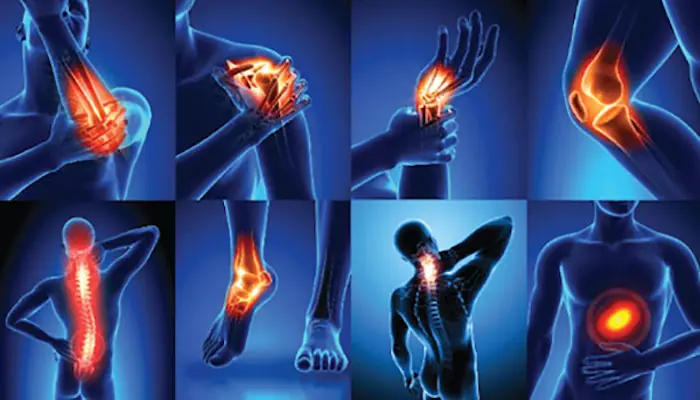
Seven Types of Pain You should Never Ignore

The Best Natural Gout Treatments: Remove Uric Acid Crystallization To Prevent Gout And Joint Pain
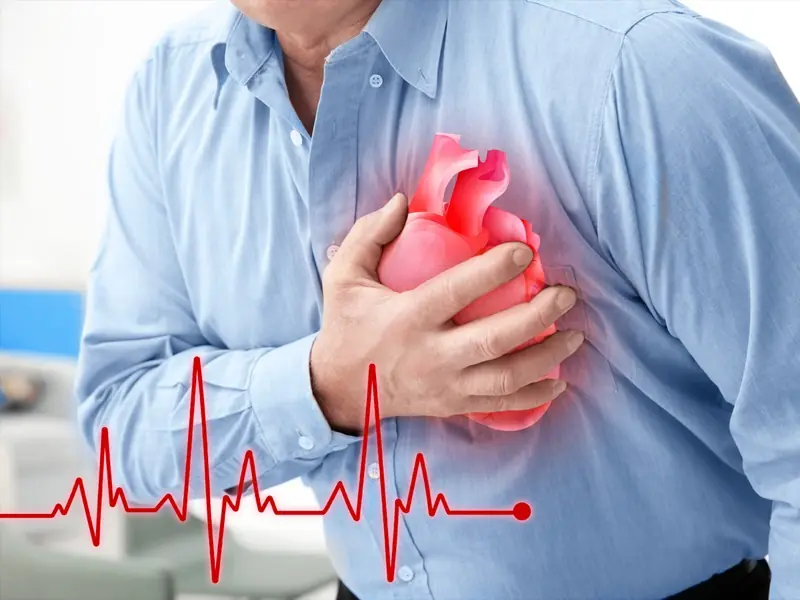
8 Diseases Parents Can Pass On to Their Children: If You're Free from Them, Congratulations on a Healthy Next Generation
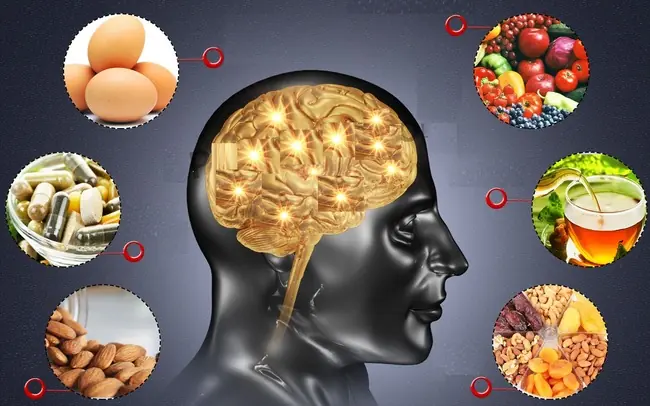
The Sweet Tragedy: A 36-Year-Old Teacher's Untimely Death Due to Diabetes
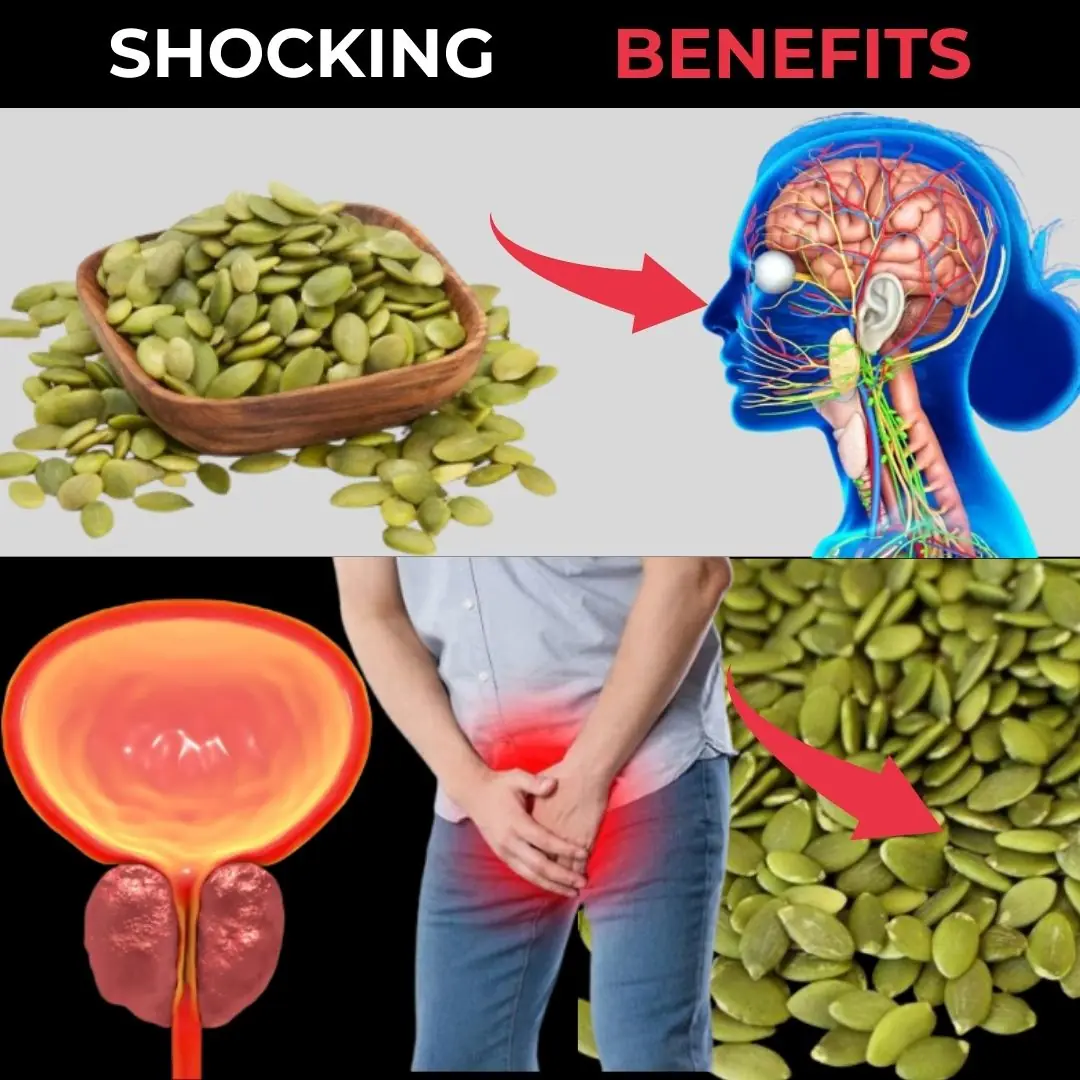
What Happens to Your Body When You Eat Pumpkin Seeds Every Day? – Amazing Pumpkin Seeds Benefits

Do You Know the Secret to Unstoppable Radiant Skin with Coffee and Vinegar?

Easy and Delicious Appetizer in Minutes: Perfect for Any Occasion! 🍴✨
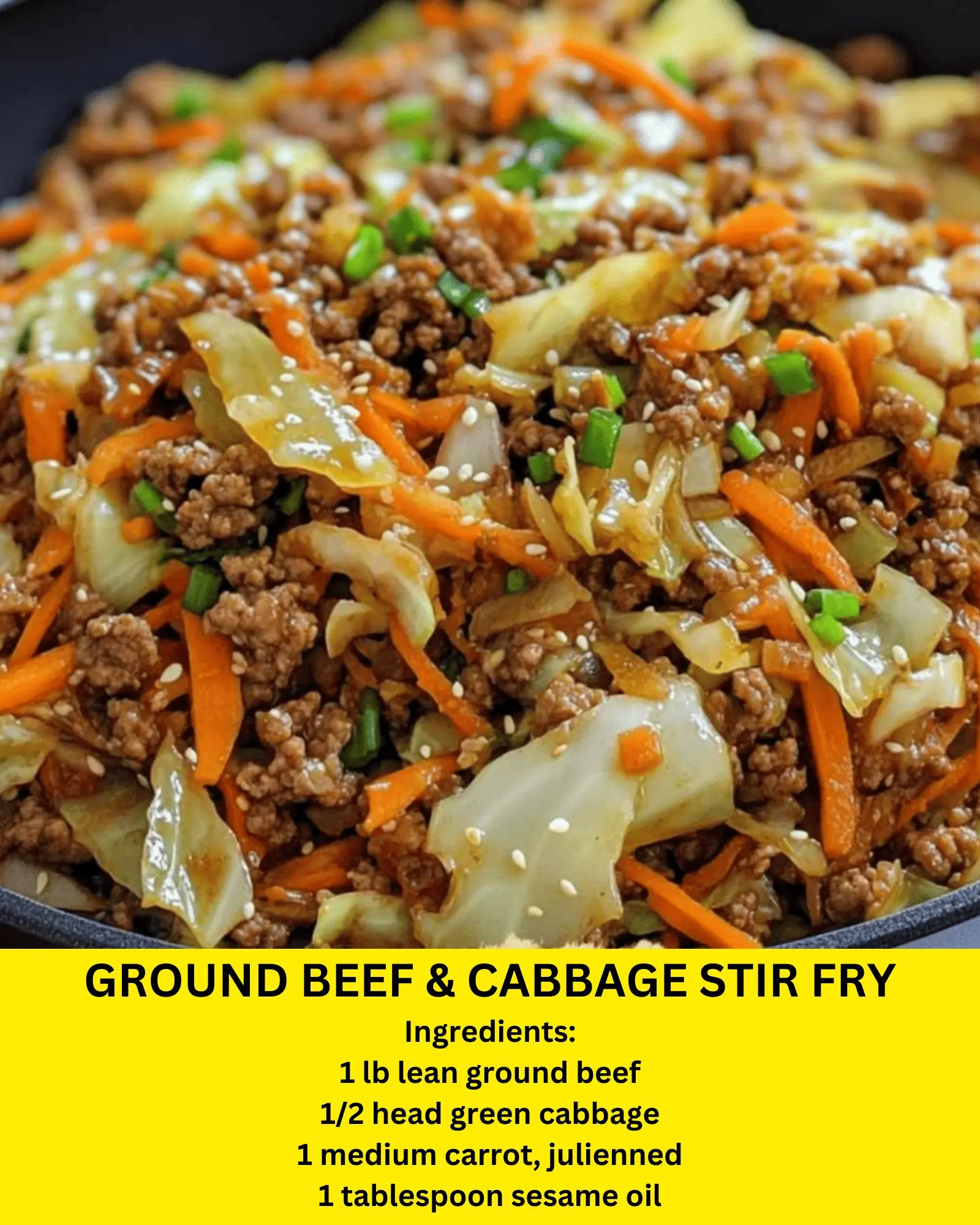
Unrolled Egg Roll Stir Fry

Bread in 20 Minutes: Quick, Easy, and Delicious!

Spinach and Feta Rolls Ingredients
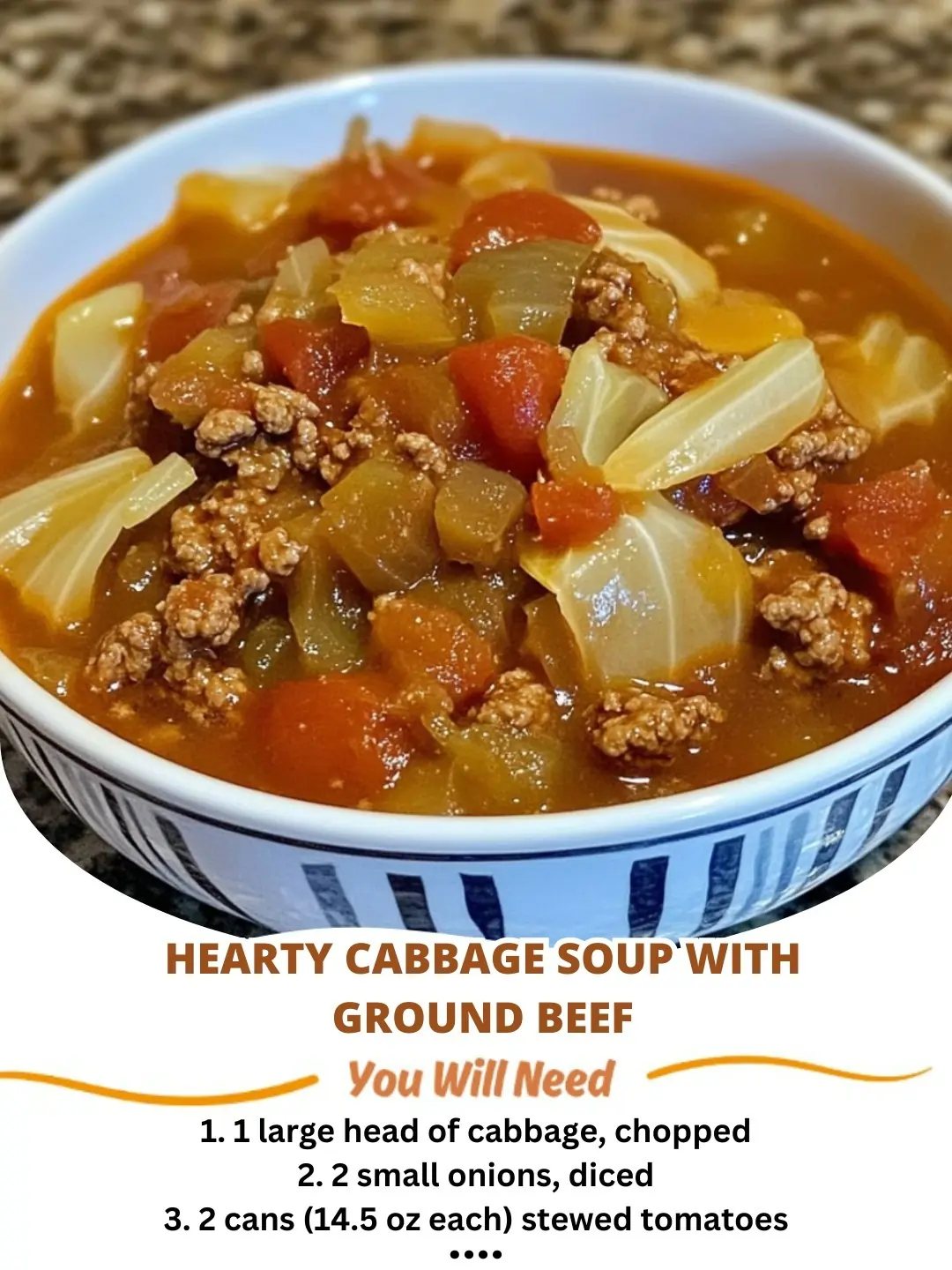
Hearty Cabbage Soup with Ground Beef: A Comforting, Flavor-Packed Meal in a Bowl! 🥣

Big Mac Sloppy Joes
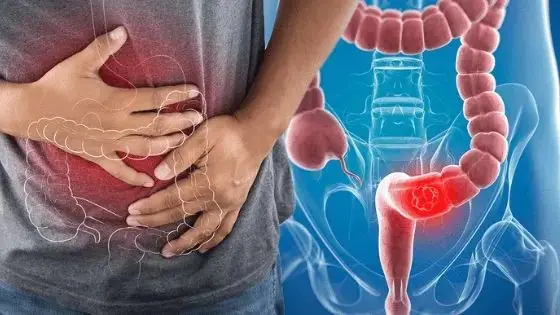
Warning from Cancer Hospital: Eating This Type of Meat Daily May Increase Cancer Risk – Don’t Take It Lightly!
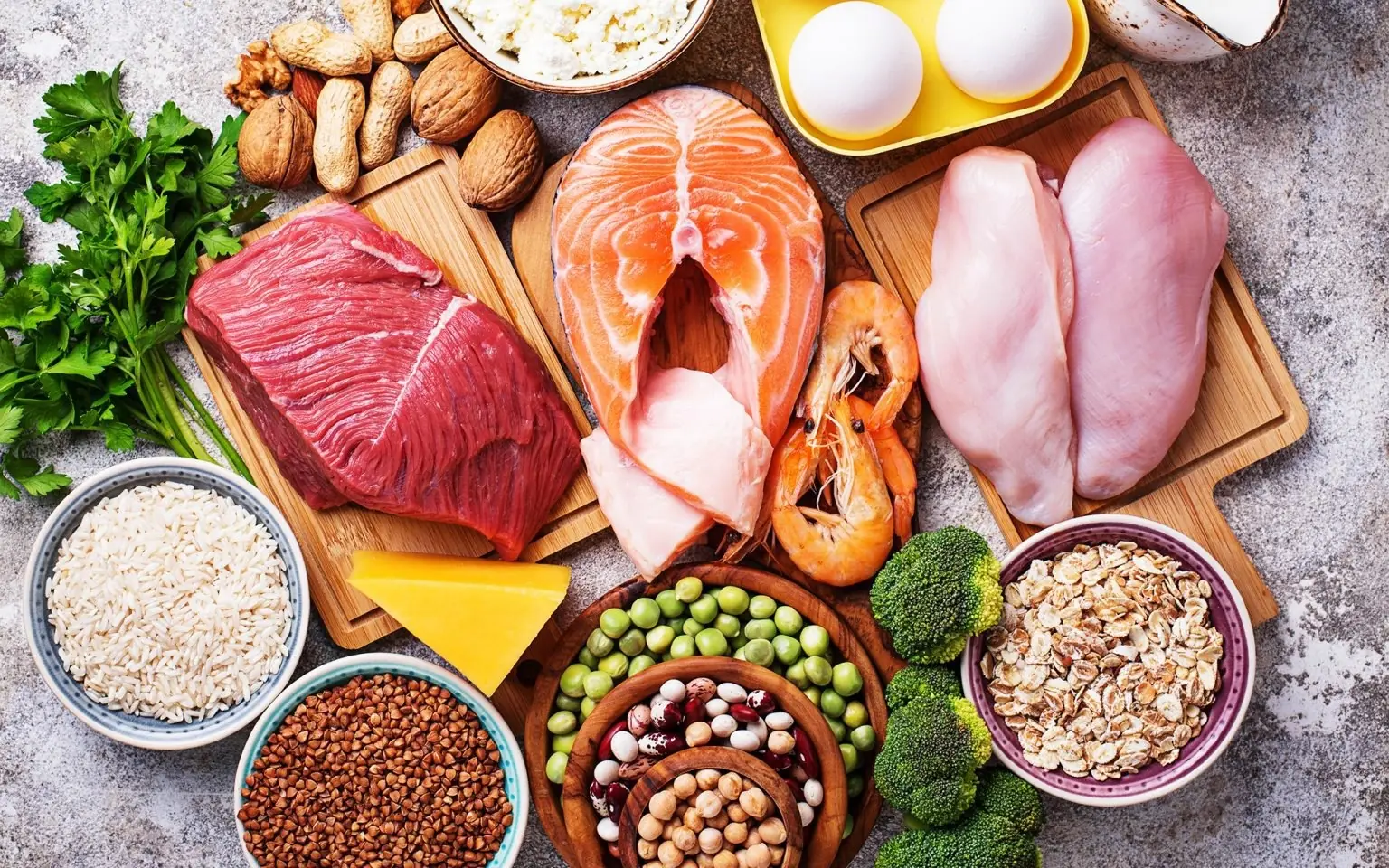
5-Year-Old Passes Away from Late-Stage Cancer: Doctors Urgently Warn Parents to Stop Giving Children These 5 Foods

3 Warning Signs That May Appear Days Before a Stroke—Everyone Should Know to Stay Safe

Here's how you can find relief from inflammation, bloat and constipation

Do you know the real story behind the small scar on the upper left arm and its true significance?

☕ A Deliciously Healthy Coffee Recipe with Ginger and a Secret Twist
News Post

My Neighbor Poured Cement over My Flower Garden Because the Bees Annoyed Him—He Never Expected Payback from the 'Sweet Old Lady' Next Door

My MIL Kicked Me and My Kids Out of a Family Photoshoot Because We Weren't Wearing Matching Christmas Pajamas

1 cup of oats and 2 apples. I haven't had sugar in a year! Without sugar & flour!

Medicinal Health Benefits of Garlic (Raw, Supplement) – Science Based

Seven Types of Pain You should Never Ignore

The Best Natural Gout Treatments: Remove Uric Acid Crystallization To Prevent Gout And Joint Pain

8 Diseases Parents Can Pass On to Their Children: If You're Free from Them, Congratulations on a Healthy Next Generation

The Sweet Tragedy: A 36-Year-Old Teacher's Untimely Death Due to Diabetes

What Happens to Your Body When You Eat Pumpkin Seeds Every Day? – Amazing Pumpkin Seeds Benefits

Do You Know the Secret to Unstoppable Radiant Skin with Coffee and Vinegar?

Easy and Delicious Appetizer in Minutes: Perfect for Any Occasion! 🍴✨

Unrolled Egg Roll Stir Fry

Cranberry Feta Pinwheels

Boss Fires Young Dishwasher Suspecting Her of Theft, Apologizes in Tears After He Opens Her Bag

Woman Asks Husband of 30 Years for Divorce Even Though He'd Done Nothing

Son Leaves Mom in Wheelchair on the Street, Year Later Sees Her Coming to His House on Her Feet

The Woman Who Wanted My Life Was Already in My House

Woman Mocked Me for My Age Only to Share Dinner as My Son’s Fiancée the Very Next Day
